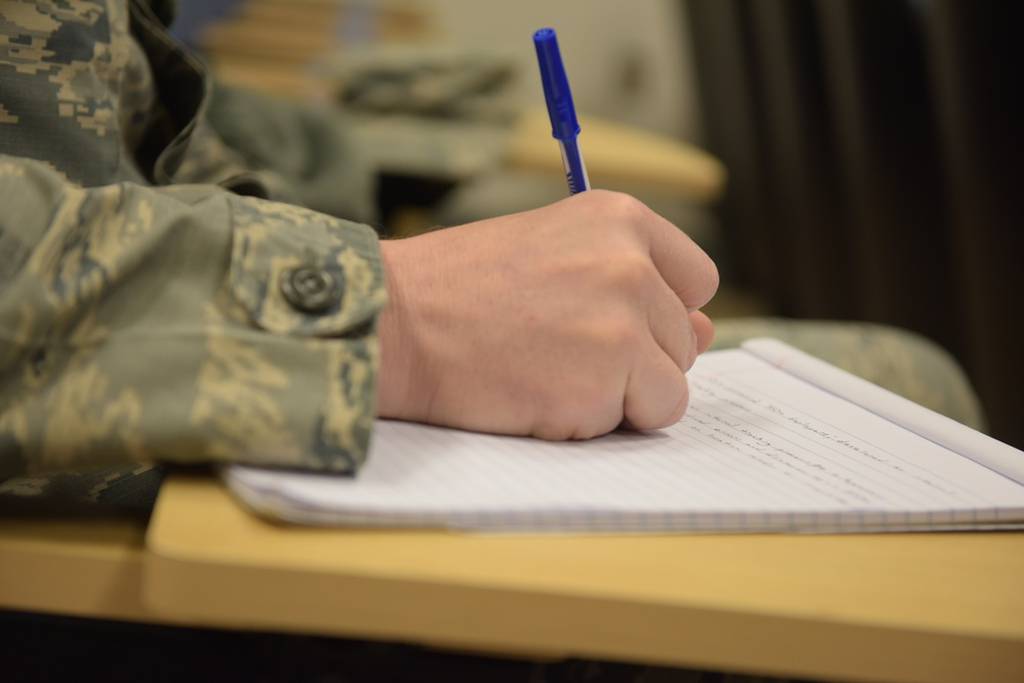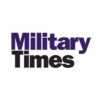
Jargon can be found anywhere groups must communicate with other groups. (Airman 1st Class Grace Thomson/Air Force)
We’ve all been there before. You arrive in a new place full of people who speak your language — sort of — and are a lot like you, but not quite. They came from different backgrounds, endured different challenges, grew in different directions. So despite all you have in common, you end up talking past each other.
Now: Superimpose military service atop that scenario. Add specific experiences unique to the military, and attitudes and outlooks learned over years of necessity and repetition. And vocabulary: Throw in a lot of words and sayings that resonate with only a certain peer group.
Is it any wonder that service members encountering civilian life for the first time in years — sometimes for the first time in their adult lives — can struggle with communication and mutual understanding with friends, neighbors, colleagues, employers? The language they’re speaking — and the identity that is producing it — are similar but, in crucial ways, occasionally different.
“What else produces so many words, acronyms and utterances than fighting wars and preparing to fight wars?” Alan Axelrod wrote in “Whiskey Tango Foxtrot: The Real Language of the Modern American Military,” his affectionate 2013 glossary. “Over many years, soldiers, sailors, marines and airmen have built their own language.”
Adapting to civilian language
Shawn McGinley, 56, of Fairfax Station, Va., understands this language well. He retired from the Army as a colonel after serving everywhere from Iraq to Germany to the United States. In 2007, he was stationed in Heidelberg, Germany, for a posting that was the first time he really worked with civilians.
“I realized that the way that I talked to subordinate officers or sergeants, NCOs, it didn’t really work with the civilians,” McGinley said. “They’d get mad, they’d potentially complain. So I started to change.”
Read more at Militarytimes.com













